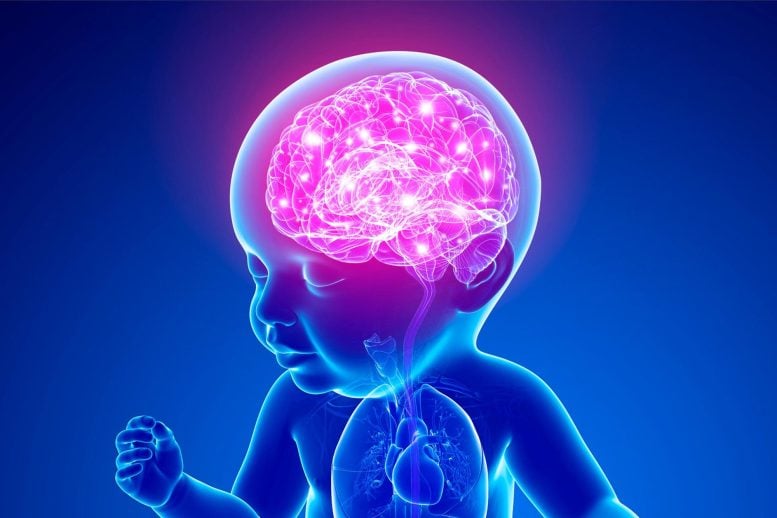
Scientists discovered that inhibiting GSK3β, a glucose metabolism enzyme, reversed oxidative stressed induced cellular and cognitive deficits.
Neonatal brain injuries may be prevented or treated by using a gene-targeted strategy

Vittorio Gallo, Ph.D., co-author of the study and principal investigator for the District of Columbia Intellectual and Developmental Disabilities Research Center. Credit: Children’s National Hospital
The results of new preclinical research published on June 15th in The Journal of Neuroscience are paving the way for a better understanding, prevention, and recovery of neonatal brain injuries. The fetus normally develops in low oxygen levels throughout pregnancy. When newborns are delivered prematurely, they are thrust into a high-oxygen environment that may be more than the baby can handle. Because their lungs are underdeveloped, these preterm newborns often need assistance breathing. If they are exposed to too much oxygen, oxygen-free radicals may develop and cause cell death.
Under normal conditions, premature babies have underdeveloped antioxidant defenses that prevent or postpone several forms of cell damage. These underdeveloped defenses cannot fully defend against oxidative stress in a high oxygen environment, causing damage to various brain areas in the absence of available treatments or preventative measures.
Children’s National Hospital experts found that oxidative stress over activates a glucose metabolism enzyme, GSK3β, altering hippocampal interneuron development, and impairing learning and memory, according to the preclinical study. The researchers also inhibited GSK3β in hippocampal interneurons, reversing these cellular and cognitive deficits.
“I am thrilled that we identified a defect in a specific cell population in the hippocampus for memory development,” said Vittorio Gallo, Ph.D., interim chief academic officer and interim director of the Children’s National Research Institute, and principal investigator for the District of Columbia Intellectual and Developmental Disabilities Research Center. “I did not think we would be able to do it at a refined level, identifying cell populations sensitive to oxidative stress and its underlying signaling pathway and molecular mechanism.”
The role of oxidative stress in the developing hippocampus, as well as GSK3β involvement in oxidative stress-induced neurodevelopmental disorders and cognitive deficits, have both been unexplored until now. Goldstein et al. suggest the study paves the way for the field as a viable approach to maximize functional recovery after neonatal brain injury.
To better understand the mechanisms underlying neonatal brain injury, the researchers mimicked the brain injury by inducing high oxygen levels in a pre-clinical model for a short time. This quest led to unlocking the underpinnings of the cognitive deficits, including the pathophysiology and molecular mechanisms of oxidative damage in the developing hippocampus.
Once they identified what caused cellular damage, the researchers used a gene-targeted approach to reduce GSK3β levels in POMC-expressing cells or Gad2-expressing interneurons. By regulating the levels of GSK3β in interneurons — but not in POMC-expressing cells — inhibitory neurotransmission was significantly improved and memory deficits due to high oxygen levels were reversed.
Reference: “Oxidative Stress-Induced Damage to the Developing Hippocampus Is Mediated by GSK3β” by Joseph Abbah, Claire-Marie Vacher, Evan Z. Goldstein, Zhen Li, Srikanya Kundu, Brooke Talbot, Surajit Bhattacharya, Kazue Hashimoto-Torii, Li Wang, Payal Banerjee, Joseph Scafidi, Nathan A. Smith, Li-Jin Chew and Vittorio Gallo, 15 June 2022, The Journal of Neuroscience.
DOI: 10.1523/JNEUROSCI.2389-21.2022

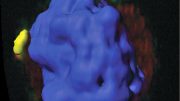
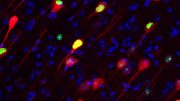
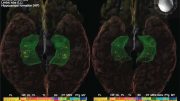
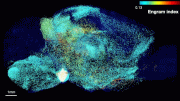
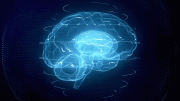
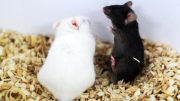
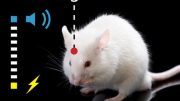
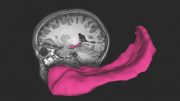
1)Can we detect pathogenic genes causing diseases like Asthma, Epilepsy, Diabetis mellitus
detecting the initial gene which causes secretion of hormone causing activation of pathogenic genes
that which resulting in pathogenic gene hormone secretion which causes diseases like Asthma, Epilepsy
2) some years before I suggested idea about artificial mutation program for mutating every similar nature pathogenic genes preventing ageing, degenerative diseases, auto-immunity,cancer etc
3)recently I suggested that this panacea like medicine should be developed with natural gene content But they did n’t send any reply
So can you tell me about present status of development of this category drug for treatment purpose